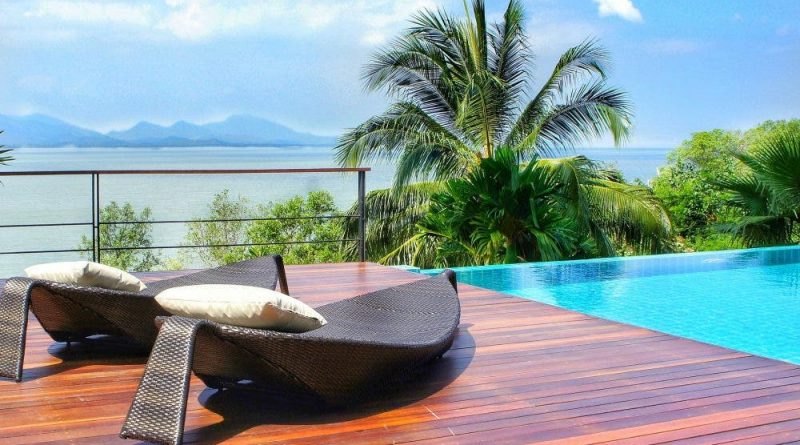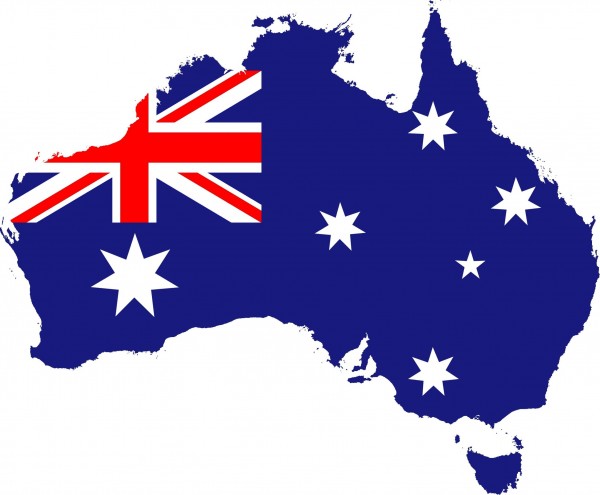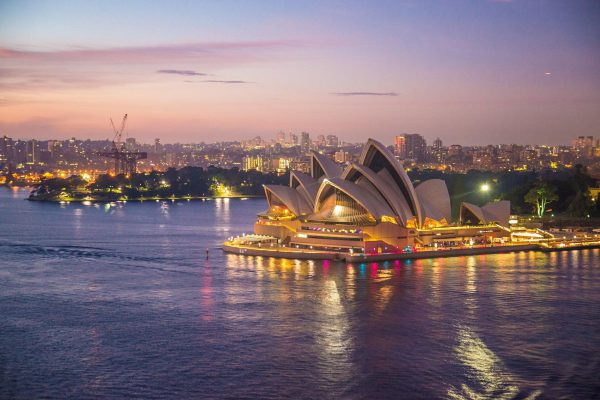Exotic Resorts May Be the Best Bet for a Holiday
Ah, the Land Down Under. From the Great Barrier Reef to the Sydney Opera House, Australia is a haven for travelers. But what if this beautiful country captures your heart and makes you stay? What are you supposed to do?
Don’t worry, we’re here to help. Keep on reading to know the tips for traveling to and staying in Australia.
Before You Travel
- Get a visa or an electronic travel authorization (ETA).
All non-Australian traveling citizens are required to obtain a visa or an ETA before entering Australia.
For Nigerians, the following requirements are needed: passport, national ID, financial documents, proof of return, and letter of invitation (if you’re visiting family or friends).
2. Be ready for the weather.
The north of Australia is known to have scalding and humid weather that can go higher than 40°C. Melbourne experiences 3 types of weather in less than 2 days. Typical days in Melbourne can go like this―sunny, windy, rainy, and sunny again.
It snows in other parts (Victoria, New South Wales, Tasmania, and occasionally Queensland) though.
Given Australia’s diverse weather, you are advised to wear sunscreen (SPF 30 and up) all the time. Bring thick clothes and shoes if you’re visiting during winter.
3. You have to follow strict biosecurity laws.
Australia has one of the strictest biosecurity laws in the world. These regulations involve the transport of plant and animal products such as chocolate, jams, leather, and wood. Failure to declare these items can lead to big fines.
The Australian government implements strict biosecurity laws to protect its land from invasive entities (like the infamous cane toad) and diseases. So, familiarize yourself with Australia’s biosecurity regulations before traveling.
4. Plan your trips carefully.
Australia is among the biggest countries in the world. It’s also a continent. Exploring it won’t be easy especially if you’re a first-time traveler. In fact, seeing all of it is not possible within 3 weeks.
The best way to explore Australia is by plane. But if you’re planning on having road trips, they can be extremely long. So, plan your trips well to make the most out of your time in Australia.
5. Be cautious of the wildlife.
Australia is famous for its wildlife, so it’s best to always take caution especially if you’re hiking or swimming in deep waters. In Queensland, poisonous jellyfish can be found on the beaches during summer. Shark-related incidents are rare, but they happen. In outlying areas, kangaroos and wallabies may jump in front of your car at night.
Hence, avoid driving on outlying areas at night and wear invisible wetsuits when swimming.
While You Travel
- Be alert.
Australia has low crime rates, but there’s no harm in being vigilant while traveling. Remember, the biggest cities tend to have more scammers than anywhere else in the world.
Always keep your valuables close and put them inside your bag. Additionally, be aware of your surroundings at night, especially when you’re walking in poorly lit areas.
2. Stay hydrated.
As mentioned earlier, Australia has hot and humid weather. Always bring a water bottle with you. Know your body’s limits and take shade immediately after you feel dizzy or dehydrated.
There are public taps and drinking fountains available throughout major cities in Australia. Cafés, restaurants, or hotels can also refill your water bottle upon request.
3. Tip when you feel like it.
Tipping is not mandatory in Australia, but doing so is much appreciated. Ten percent is usually the right amount for restaurants, but only if you’re really satisfied with the service. Unlike restaurants (where the bill is brought to the table) in other countries, the bill and tip are usually settled in the restaurants’ counters in Australia.
4. Avoid the exchange counter.
The truth is, exchange counters airport can be tricky. They have lots of transaction fees and stingy exchange rates that basically rip you off. While ATM’s offer better exchange rates, the best option is to use travel money cards.
Travel money cards are handy if you want favorable exchange rates. It’s because they often have lower transaction and better conversion fees. On top of that, they don’t have withdrawal fees.
After Deciding to Stay
- Get a place.
Whether it’s a hostel, a farm, or a family home that you’re looking for, Australia has it all. But if you’re staying in Australia with your family, a vacation rental is the best way to go. It’s relatively cheaper than a hotel room and offers more space for your family to cook and watch TV.
2. Buy a car.
Contrary to popular belief, buying a car in Australia is cheaper than renting one in the long run. If you’re staying in Australia for more than 2 months, getting a used car saves you a lot of money. But of course, you have to see its history first.
Additionally, you don’t have to worry about being scammed. Australia has the Personal Properties Securities Register (PPSR) that protects consumers who buy personal property like boats and vehicles.
3. Cook your own meals.
When you’re staying in Australia, it’s pretty easy to fall into an expensive routine of dining at restaurants or eating takeout.
One way to bang your buck is by cooking your own meals. Skip the long lines in fast-food chains and go to the grocery store instead. Not only are you choosing healthier options, you’re saving money as well. Plus, home-cooked meals keep unwanted allergies away.
4. Know how to negotiate.
Haggling seems like a derogatory term, but you shouldn’t feel bad for trying to get the best price for the products you’re eyeing.
Though haggling is not applicable in malls and high-end stores, you can always haggle in Australia’s open-air and night markets. By doing this, you can save a few dollars on furniture, clothes, and accessories.
Australia is such an amazing place ideal for both traveling and living. After all, it’s home to one of the happiest cities in the world. So what are you waiting for? Book that ticket (after the pandemic’s over, of course)!




